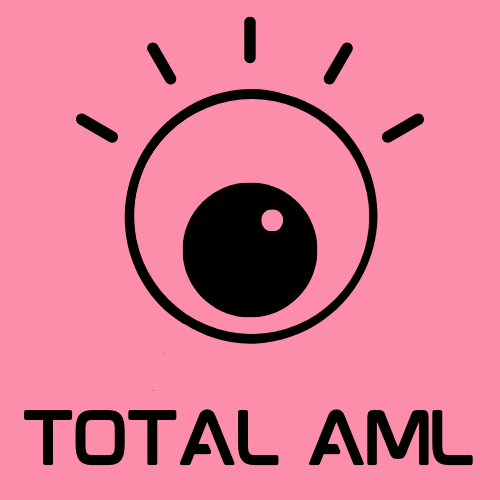Guidance Updates: Wire Transfers
Some wire transfer obligations have changed due to the AML/CFT Amendment Regulations entered into force in July 2023. The Department of Internal Affairs (DIA) published new guidance to help designated non-financial businesses or professions (DNFBP) to navigate the changes. Four are the key takeaways.
If you are a DNFBP and you make/receive a wire transfer to/from your trust account held with another reporting entity on behalf of a client, you are not to be considered an ordering, beneficiary or intermediary institution. In other words, the enhanced customer due diligence (CDD) requirements for wire transfers set out in Section 22(3) and Sections 27-28 of the AML/CFT Act do not apply to you.
Notwithstanding the exception, in the case in which an international wire transfer made/received is $1,000 or more, prescribed transaction report (PTR) requirements remain in place. In addition, when submitting a PTR, you are required to include any unique identifier. This means any transaction reference provided by your bank that is specific to that transfer. This assists the Police in matching your PTR with the PTR submitted by your bank. It is important that both you and your bank submit a PTR as the two PTRs will never be identical.
Also, you should note that the enhanced CDD DNFBP exclusion from the wire transfer provisions does not change any other of your requirements under the AML/CFT Act. In particular, you are still required to carry out all other applicable requirements relating to your client (if they are a party to a wire transfer), such as CDD, ongoing CDD and activity/transaction monitoring.
Finally, if you are holding funds in your trust account for a person who is a counterparty (i.e., a non-client), this will usually relate to funds ultimately intended for your client, but in the interim are in escrow until an activity/transaction involving your client and the other party concludes. If conditions associated with a contractual agreement are not met, the non-client may instruct you to refund or transfer the funds from your trust account. If this occurs, you must conduct CDD on the non-client (as an occasional transaction). Of particular note, if the non-client instructs you to pay a third-party (rather than refund), this should be considered as carrying very high money laundering and financing of terrorism risks.
Questions?
Do you have any questions on your wire transfer requirements? Get in touch for a half-hour free call.
